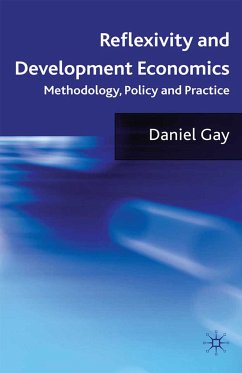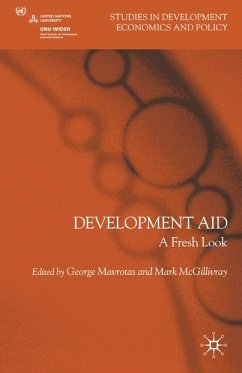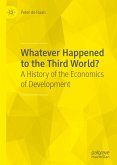Dieser Download kann aus rechtlichen Gründen nur mit Rechnungsadresse in A, B, BG, CY, CZ, D, DK, EW, E, FIN, F, GR, HR, H, IRL, I, LT, L, LR, M, NL, PL, P, R, S, SLO, SK ausgeliefert werden.
G. C. Harcourt, Jesus College, University of Cambridge
"This innovative volume by a promising young author demonstrates the importance of reflexivity to both the theory and practice of development economics. This is achieved by methodological argument, developing our understanding of the concept of reflexivity at an abstract level. But it is also achieved by application to two case studies, Vanuatu and Singapore. The work is therefore itself an admirable illustration of its own argument for achieving balance between general argument and attention to particular contexts."
Professor Sheila C. Dow, University of Stirling









